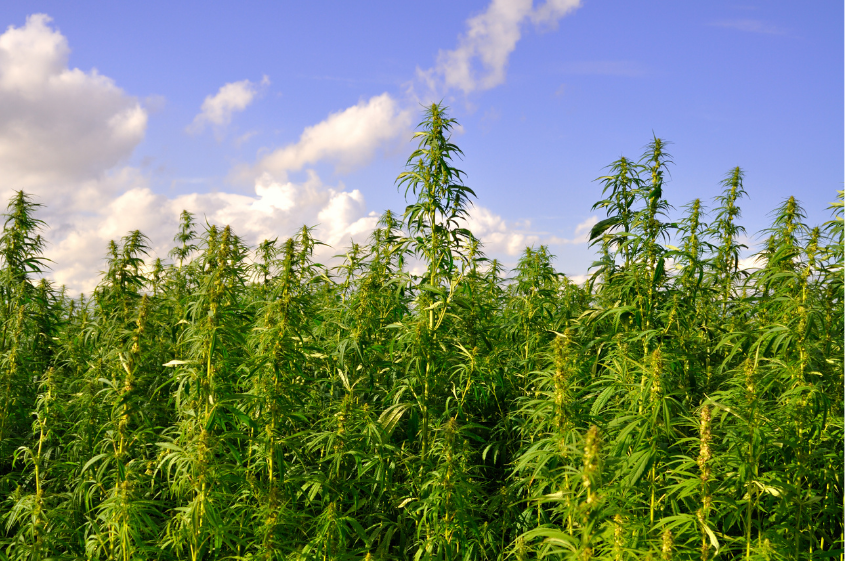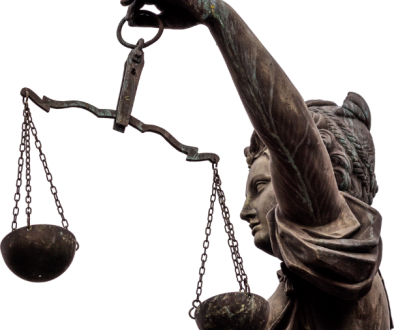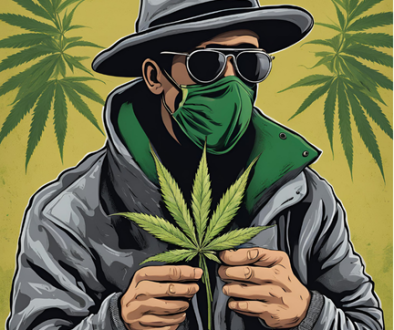
2018 Farm Bill
The 2018 Farm Bill, a monumental piece of legislation in the United States, didn’t exactly legalize cannabis as a whole, but it did make a significant move towards the acceptance and regulation of certain parts of the cannabis plant. The bill’s language is quite specific and nuanced, focusing on a compound called THCA, which is a precursor to THC, the psychoactive component in marijuana that gets people “high.”
THCA, or tetrahydrocannabinolic acid, is found in raw and live cannabis. It’s like the shy cousin of THC that hasn’t yet been exposed to the heat of decarboxylation, a process that turns it into the psychoactive party animal we know as THC. When you smoke or cook cannabis, THCA loses its acidic group and morphs into THC, which is what interacts with the body’s endocannabinoid system to produce those euphoric effects.
Now, the Farm Bill didn’t just waltz in and say, “Hey, let’s legalize THCA because it’s cool!” It was more about hemp, which is a variety of the cannabis plant that’s akin to marijuana but with a much lower concentration of THC, typically less than 0.3%. The bill redefined hemp to include its “extracts, cannabinoids, and isomers,” which is where THCA enters the stage.

What the bill essentially did was to distinguish hemp from marijuana, which has a higher concentration of THC, and thus is still considered a Schedule I substance under federal law. By including THCA within the definition of hemp, it implicitly legalized this non-psychoactive cannabinoid. This clever verbiage was a game-changer for the hemp and CBD industries, as it allowed for the cultivation, production, and sale of hemp-derived products, including those that contain THCA, as long as the final product has less than 0.3% THC.
The legalization of THCA through this backdoor has opened up a new avenue for cannabis enthusiasts and entrepreneurs. Since THCA is not intoxicating, it’s become a hot topic in the wellness world for its potential therapeutic benefits, such as anti-inflammatory and neuroprotective properties, without the high associated with THC. It’s like getting the good stuff from the cannabis plant without the party.
This doesn’t mean you can just start growing cannabis in your backyard and calling it hemp, though. The law is quite clear that the THCA must be derived from hemp, not marijuana. Plus, there are still a lot of regulations around how hemp is grown, processed, and sold. But for those in the know, it’s a way to dip a toe into the cannabis pool without diving into the deep end of THC-laden waters.
In essence, the 2018 Farm Bill didn’t so much legalize cannabis as it gave a nod to the non-psychoactive cannabinoids, like THCA, that are found in hemp. It’s a step in the right direction for those advocating for the medicinal and industrial uses of the plant, and it’s definitely sparked a green rush of innovation in the world of hemp-based products. But don’t throw your marijuana legalization party hats in the air just yet; while THCA is now in the clear, the full legalization of cannabis is still a work in progress on the federal level.


